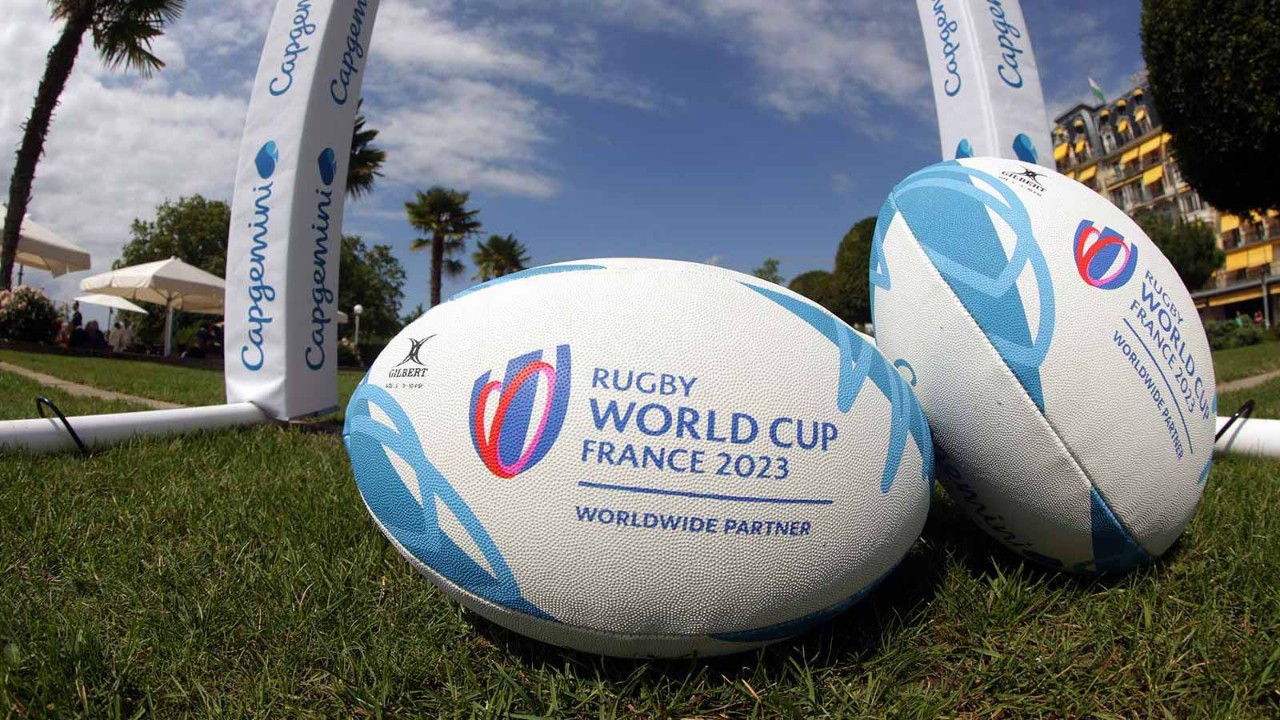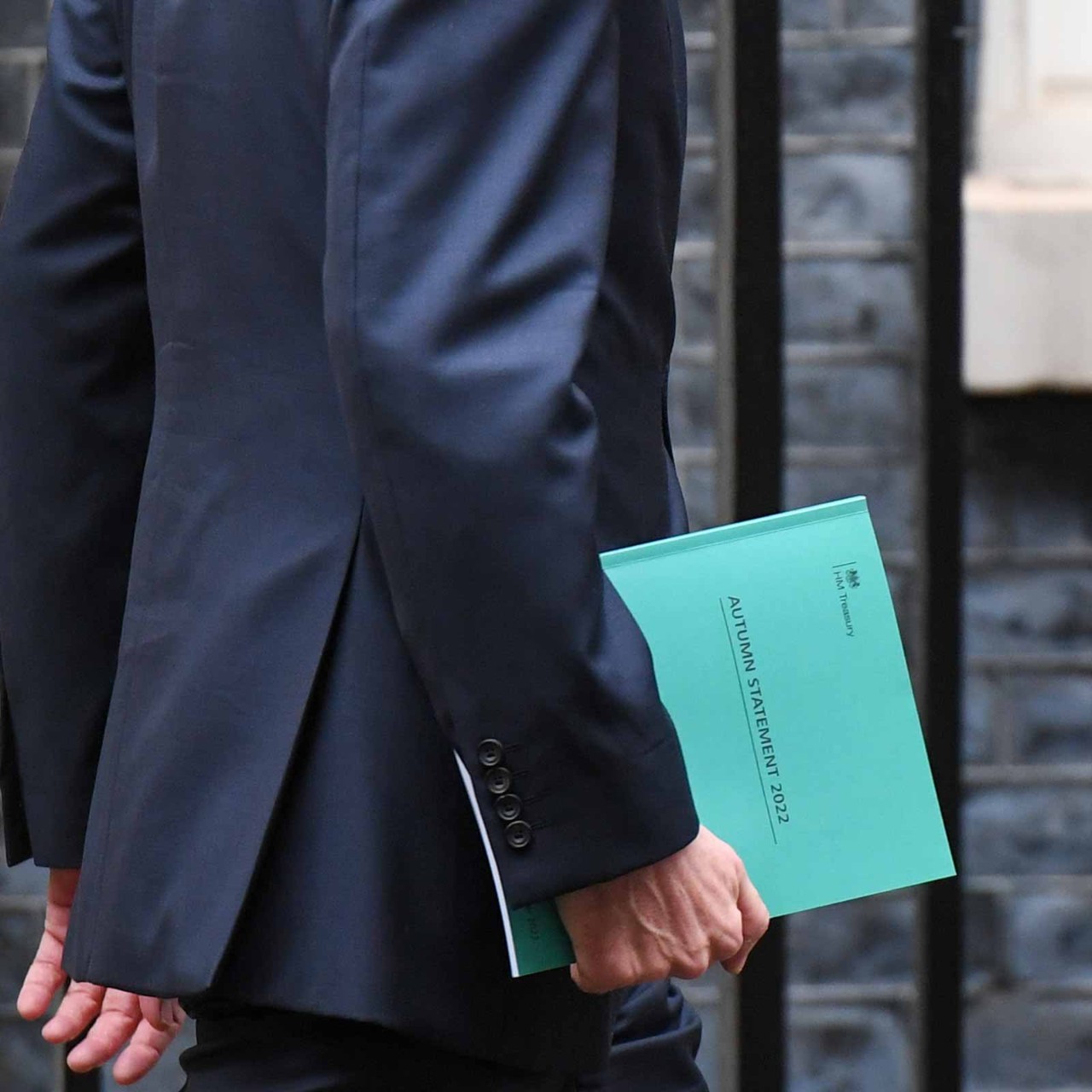
The Six Nations men’s rugby tournament gets going this month as last year’s winner France looks to defend its title. France is favourite to regain the Six Nations after achieving the Grand Slam last year. The tournament kicks off a massive year for the nation as it prepares to host the men’s Rugby World Cup in September.
The Rugby World Cup is now regarded as the third biggest sporting event – behind the Olympic Games and football’s FIFA World Cup. Japan hosted the 2019 tournament, the most economically successful Rugby World Cup ever, with £4.3bn (US$5.3bn) generated in economic impact, according to a report by EY.
The cost of the pandemic has been profound – affecting revenues, jobs and salaries
Twenty countries will battle to emulate current world champions South Africa, while national governing bodies will be looking at the tournament to boost their return to health after suffering financial losses connected to the pandemic.
Losses
The cost of the pandemic has been profound – hundreds of millions of pounds in lost revenues, job losses, salary cuts and rising bank loans. (The figures below include the men’s, women’s, sevens and under-20s games, where appropriate.)
The world’s richest union, England’s RFU, confirmed a revenue drop-off of £120m in its 2020-21 accounts. Its 2021-22 accounts are expected to be more encouraging.
Welsh Rugby Union is showing signs of a return to pre-pandemic performance, after managing to reduce bank debt in 2021-22 from £22.9m to £13.9m; net debt was lowered from £114.4m to £110.8m.
The Irish Rugby Football Union (IRFU) registered an operating surplus of €5.9m (US$6.4) for the year ending 31 July 2022, compared to a deficit of €4.9m the previous year.
Rugby Australia is planning to create a ‘future fund’ of up to AU$100m from the profits of the 2027 tournament
Following fears the pandemic could put Rugby Australia out of business, the body now predicts it could make a profit in 2022. The positive note came after Rugby Australia announced a deficit of AU$4.5m (US$3.1) for 2021, following an AU$27.1m loss in 2020. It is set to enjoy major windfalls as the host for the 2027 (men’s) and 2029 (women’s) Rugby World Cups.
Rugby Australia is also planning to create a ‘future fund’ of up to AU$100m from the profits of the 2027 Rugby World Cup, which it would lock away, invest and use to fund the growth of rugby in the country.
In April, New Zealand Rugby posted its first profit in four years with the announcement of a NZ$5.5m (US$3.5) surplus for 2021.
Club finance troubles
- English rugby club Worcester Warriors was placed into administration in October 2022 with an outstanding tax bill of £6m. The club also has a £15m Covid loan on its books.
- Rival English club Wasps confirmed it planned to enter administration and follow Worcester in being suspended from the Gallagher Premiership. Wasps’ debts total close to £100m.
- SA Rugby last year acted to stem the bleed at the struggling Western Province Rugby Football Union (WPRFU), with the South African rugby authority invoking its constitutional power to take administrative control of the union that managed the Stormers and Western Province professional teams.
Investment
The fall in revenues over the last three years in the sport has coincided with an increased interest from outside investors, namely private equity.
CVC Capital Partners entered the international game, completing an agreement with Six Nations by paying £365m for a 14% holding in March 2021. The deal followed several other investments, including Premiership Rugby in England and the United Rugby Championship.
Meanwhile, Silver Lake Partners confirmed a partnership with New Zealand Rugby (NZR) in June 2022, which will see it invest NZ$200m in a new entity, NZR CommercialCo, which will manage all revenue-generating assets of NZR as it aims to develop ‘new capabilities’ and pursue ‘global opportunities enabled by digital technologies’. The global appeal of the All Blacks brand will be central to those ambitions.
‘A “home of rugby” proposition, for a sponsor or a broadcaster in particular, is going to be attractive’
World Rugby – the sport’s governing body – has also held talks with investments firms, including CVC Capital Partners. A deal could include a stake in the World Cup.
‘In rugby, the World Cup, for both men and women, is the premium property, so would demand the highest possible valuation,’ says CEO Alan Gilpin. ‘We’ve had good talks with potential investors in that regard.’
James Paul, head of sports finance at SportsFi, adds: ‘When CVC bought into [England’s] Premiership Rugby, part of the terms were that the money had to go towards specific infrastructure at the stadium and improving the broadcast experience. Clearly, that’s because it has a view to expanding the value of the property by virtue of the matchday experience. Obviously, the mandate of the boards is to grow the game, both within their countries and globally.’
Increased monetisation?
The future of the men’s game could involve the alignment of the global sporting calendar. To do this, World Rugby dropped multibillion-dollar plans underwritten by another third-party guarantor, Swiss-based agency InFront in 2019. However, those plans are more than likely to be reprised.
‘If you can bundle these properties together and make a sort of “home of rugby” proposition, for a sponsor or a broadcaster in particular, that’s going to be attractive, and they’re going to be more valuable together than just having one,’ adds Paul.
Meanwhile, European rugby bodies are taking steps to extend the sport’s popular reach. A move towards pay-TV channels could be in the Six Nations’ future plans.
The involvement elsewhere in rugby of Amazon Prime – already a fixture in the Autumn Nations games – will be carefully monitored, especially given the reach of its e-commerce empire.
World Cup competitors
Pool A
|
Pool C
|
Pool B
|
Pool D
|



